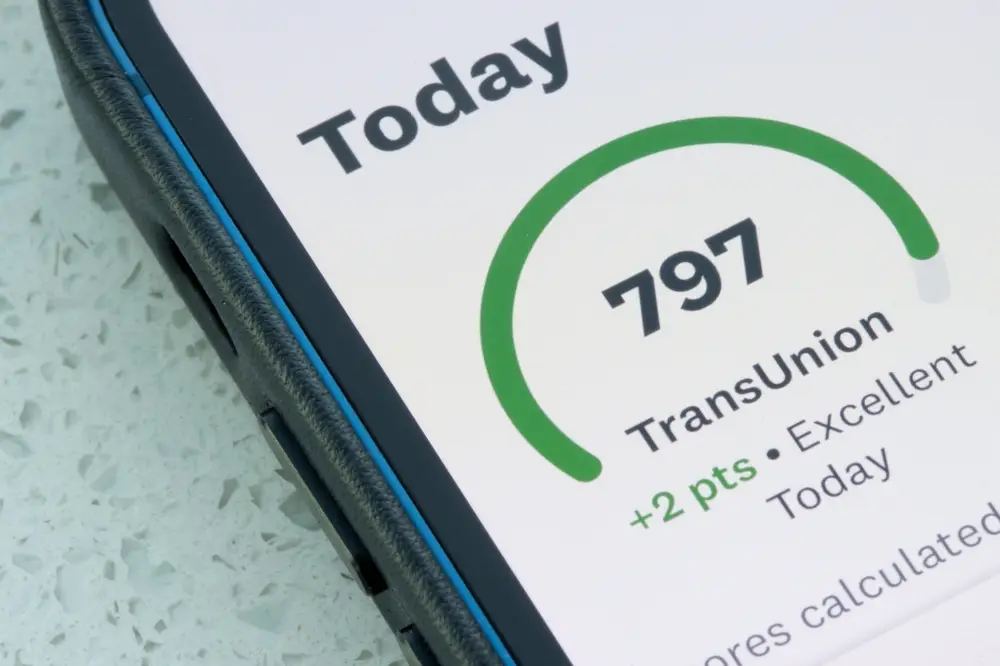Several lawyers are currently investigating a potential TransUnion class action in 2025 following a July 2025 security incident that, according to company notices, affected approximately 4,461,511 individuals. The TransUnion data breach lawsuit is being explored after the credit reporting agency confirmed unauthorized access to a third-party application used for its consumer support operations.
According to documents filed with several state attorneys general, including that of Maine, the breach occurred on July 28, 2025, and was discovered two days later. The company’s internal review revealed that sensitive personal details were exposed.
While it was stated that credit reports and core credit data were not affected, the TransUnion security incident remains significant given the agency’s role in maintaining credit information for more than 260 million U.S. consumers. The event has prompted legal and consumer protection experts to call for increased scrutiny and stronger cybersecurity practices within the credit reporting sector.
What Happened in the 2025 TransUnion Security Incident
Based on a notice submitted by Sanjana Palla, Senior Privacy Counsel at TransUnion, to the Maine Attorney General:
- 4,461,511 individuals were affected nationwide.
- 16,828 of those were residents of Maine.
- The incident was detected on July 30, 2025, and consumer notifications were issued by August 26, 2025.
This TransUnion data exposure involved personal identifiers such as full names, birth dates, and Social Security numbers. The company confirmed that identity theft protection and credit monitoring services were made available to affected individuals.
Although TransUnion stated that credit reports and core credit data were not involved, this type of TransUnion personal information leak still poses a major risk to privacy and financial security.
TransUnion’s Response and Consumer Notice
Following the incident, an official TransUnion consumer notice was sent to affected individuals. The notice provided detailed steps consumers could take to protect their information and announced the availability of free credit monitoring through myTrueIdentity (TransUnion) for two years.
Those who enroll receive access to:
- The company’s credit monitoring, reports, and scores
- Identity protection and resolution services
- Identity theft insurance covering up to $1,000,000
To activate these benefits, affected consumers must enroll within 90 days of the date of the notice. Enrollment requires online registration at mytrueidentity.com, where users can verify their identity using a unique code provided in the letter.
The company also recommended additional precautions, such as placing a fraud alert on credit reports to warn potential lenders, requesting a credit freeze to block unauthorized access to credit files, and obtaining free weekly credit reports through AnnualCreditReport.com.
Affected individuals are also advised to contact the Federal Trade Commission (FTC) at 1-877-438-4338 for identity theft support.

Legal Action: The Potential TransUnion Class Action 2025
Law firms specializing in consumer data protection are now reviewing claims related to the TransUnion data breach lawsuit. Attorneys are investigating whether the company took sufficient measures to safeguard consumer data and are gathering information from individuals notified about the breach.
If certified, the potential TransUnion class action in 2025 could represent millions of consumers nationwide. Individuals affected by the TransUnion data exposure may pursue compensation for:
- Invasion of personal privacy resulting from the unauthorized exposure of sensitive data
- Significant time and effort are required to address potential identity theft or credit-related problems
- Direct financial losses, such as costs for credit monitoring, account recovery, or fraud prevention services
- Stress, anxiety, and disruption caused by the breach and its impact on personal security
A successful lawsuit could also lead to stronger security requirements for future consumer data handling, ensuring accountability across the credit reporting industry.
Who May Qualify for the TransUnion Data Breach Lawsuit
Individuals may qualify for the TransUnion data breach lawsuit if they received a written notice confirming their data was compromised in the TransUnion security incident that took place in July 2025.
Eligibility generally applies to consumers who:
- Received the official TransUnion consumer notice
- Had personal identifiers (name, Social Security number, date of birth) exposed
- Reside in the U.S.
Although the case has not yet reached the settlement stage, attorneys are encouraging affected consumers to contact data breach law firms for free eligibility reviews. Once enough claims are verified, the case could proceed as a certified class action under what is being referred to as the TransUnion privacy lawsuit.
Protecting Your Identity After the Breach
Even while legal investigations continue, consumers are urged to take immediate steps to secure their credit and identity. Recommended actions include:
- Enrolling in the free credit monitoring program offered by TransUnion
- Setting up fraud alerts with TransUnion, Equifax, and Experian
- Using strong passwords and monitoring financial statements regularly
- Watching for any suspicious activity in new credit inquiries or accounts
The July 2025 TransUnion security incident has prompted legal scrutiny and public concern across the U.S.
Anyone who received a notice may wish to retain records and consider their options. If your information was affected by the TransUnion data exposure, you can contact a qualified data breach attorney to discuss your rights and explore potential remedies under the developing TransUnion privacy lawsuit.
Frequently Asked Questions (FAQ)
The TransUnion data breach lawsuit arises from a July 2025 cyber incident that exposed sensitive consumer data. Over 4.4 million Americans were affected when unauthorized parties accessed a third-party platform used by TransUnion’s U.S. consumer operations.
You may qualify if you received an official notice from TransUnion confirming your personal data was compromised in the 2025 breach. Individuals whose full name, Social Security number, or date of birth were exposed are considered potentially eligible. At this stage, attorneys are still reviewing claims and gathering documentation to determine if the case will proceed as a certified class action. No settlement has been announced.
Depending on the facts and applicable law, consumers may seek damages (for example, time spent and out-of-pocket costs) and injunctive relief requiring stronger security measures. No settlement has been announced.
A successful TransUnion privacy lawsuit could also result in court orders requiring enhanced cybersecurity measures across the company’s systems.




Add Comment